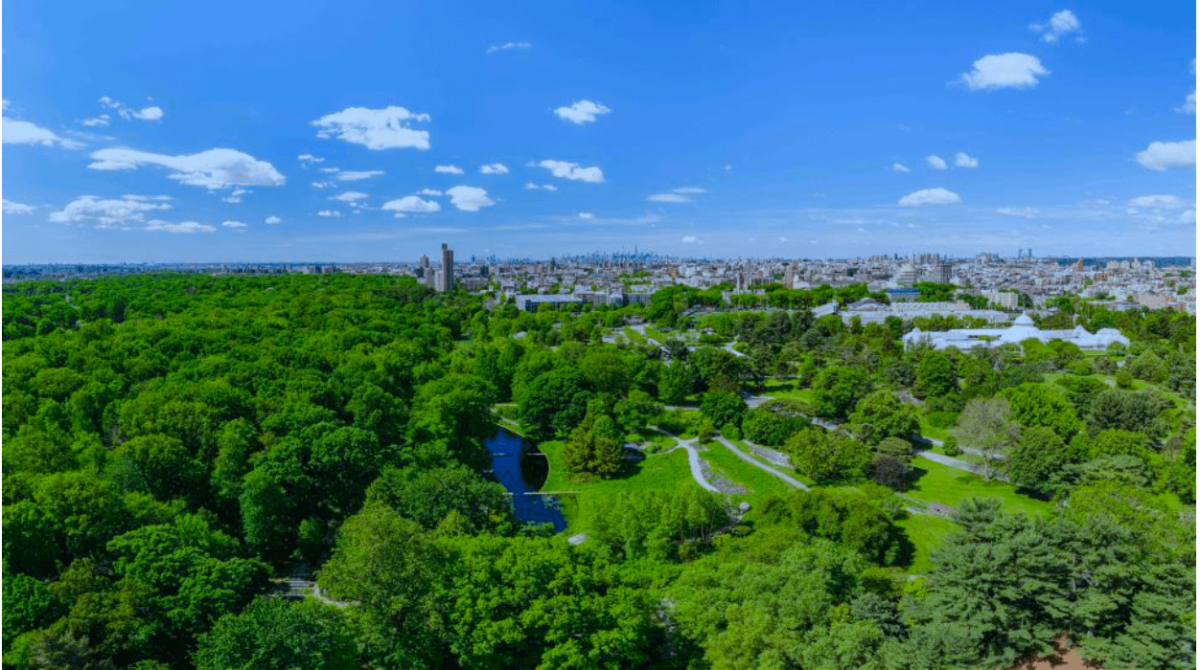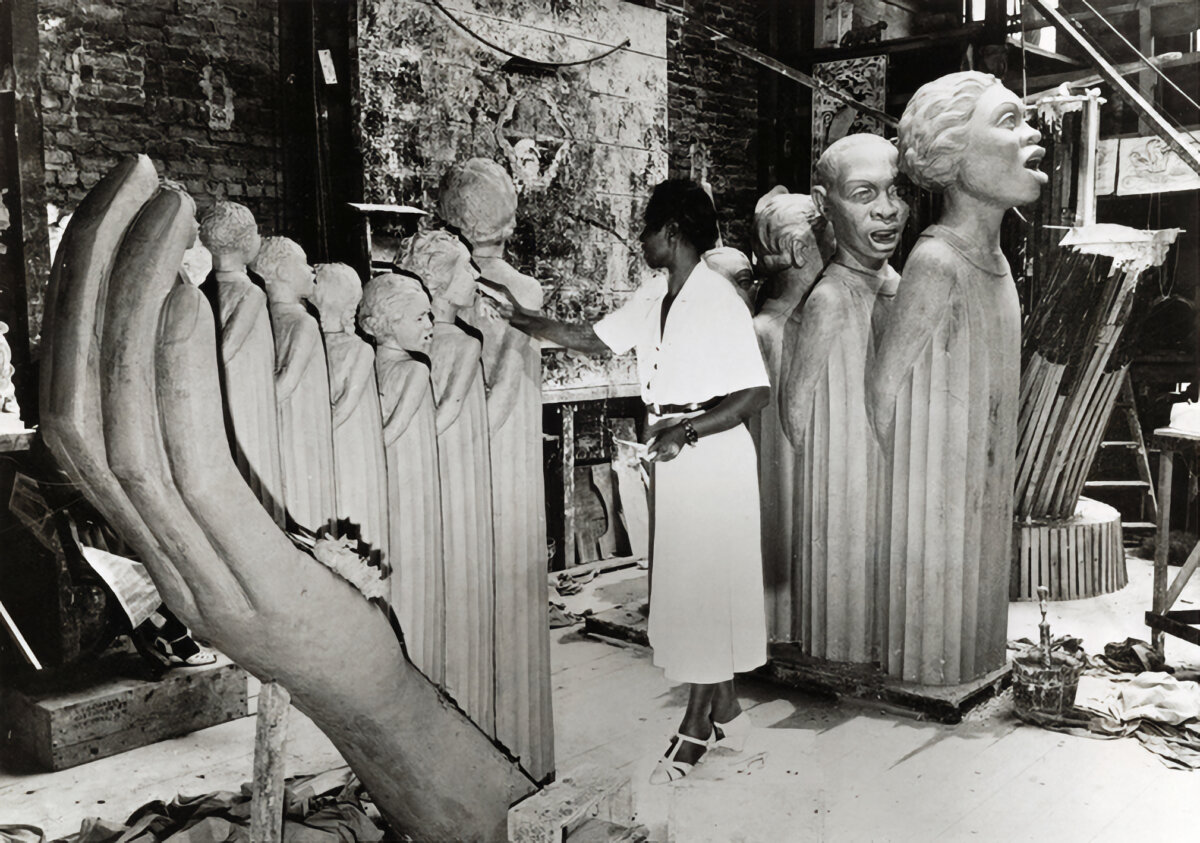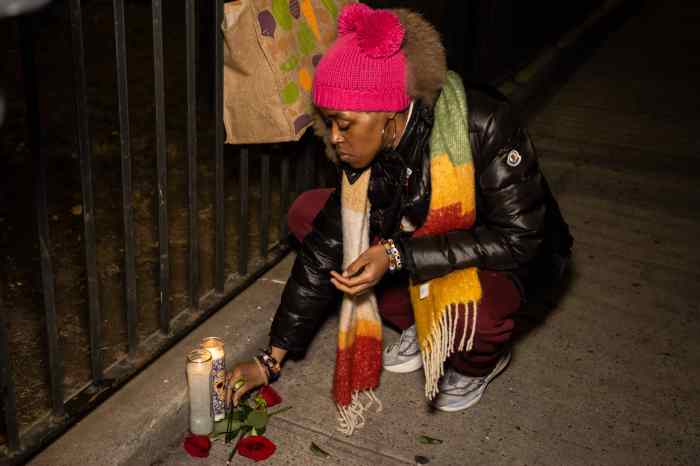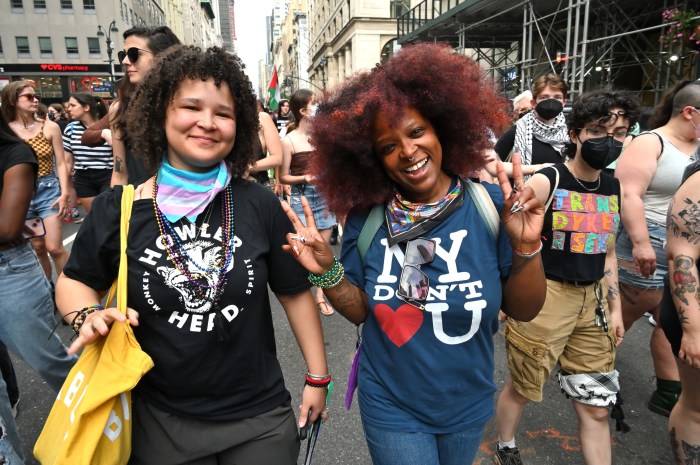For Black History Month, The New York Botanical Garden (NYBG) celebrates the African American experience through plants, honoring barrier-breaking pioneers in environmental science and agricultural education as well as contemporary activists and advocates who are creating and supporting communities that foster representation, identity, and diversity.
Offerings online and at the Botanical Garden explore the enduring botanical legacy of the African diaspora, revealing the inextricable link between Black history and American history through the lens of gardening and farming, horticulture and science, and arts and culture.
From thought-provoking conversations and personal stories to inspiring lectures and programs for all ages, learn about the foundational contributions of Black Americans to our understanding of the plant world.
Black History Month celebration features:
The Story of Vanilla
Select weekends beginning February 18; 11 a.m.-2 p.m.
Enid A. Haupt Conservatory, Lowland Tropical Rain Forest Gallery
In 1841 Edmond Albius, a 12-year-old enslaved Black child living on a plantation on Réunion island in the Indian Ocean, devised an innovative technique of hand-pollinating the orchid species Vanilla planifolia —initiating the global trade in vanilla, which would become one of the world’s most popular spices. Explore the familiar — and surprising — fragrances, flavors and foods that are produced from this orchid and other plants found in the Haupt Conservatory. A rotating selection of multisensory activities will be presented by NYBG staff, volunteers and partners during The Orchid Show: Natural Heritage.
RootedinPlants
Through Feb. 28; Self-Guided Exploration: 10 a.m.-5 p.m.; Guided Activities: 1:30-4:30 p.m. (weekdays), 10 a.m.-4:30 p.m. (weekends); Storytime: 2:30 p.m. on weekends and holiday Mondays, weather permitting
Everett Children’s Adventure Garden
Children can explore ways in which people of the African diaspora have contributed to our understanding and uses of plants around the world by investigating seeds native to Africa and learning about West African indigo dyeing by making their own dyed bag. They can also create a pine cone bird feeder in celebration of New York City birder Christian Cooper and discover inspirational stories about Black botanists, herbalists and environmentalists from history and today.
Afro-Indigenous Histories of Food and Gardening in the Bronx
Exiled from their Caribbean homeland of Saint Vincent in the late 18th century, Garifuna Indigenous communities settled around the world. This video features Bronx community organizer and leading Garifuna culinary expert Isha Sumner and noted scholars of Afro-Caribbean culture Julie Chun Kim of Fordham University and Christina Welch of University of Winchester, United Kingdom. Together, they explore and personalize Garifuna food, knowledge and uses of plants as defining elements of their culture and identity.
“Celebrating the African American Farmer”
Natalie Baszile, author of the 2021 anthology “We Are Each Other’s Harvest,” joins NYBG Trustee Jessica B. Harris, America’s leading scholar of the foods and foodways of the African diaspora, for a wide-ranging dialogue about the historical perseverance and resilience of Black farmers and the generations of Black Americans who continue to farm despite systemic discrimination and land loss.
“Stories from the Farm”
Farmer, urban gardener, food advocate, activist, and NYBG Trustee Karen Washington moderates a multigenerational panel discussion devoted to stories of Black farmers from many historical perspectives: North and South, Upstate New York and the Bronx, sharecroppers to family growers and urban farmers. Panelists include Gullah Geechee chef and farmer Matthew Raiford and farmer/cultural anthropologist Gail P. Myers.
African American Gardens
Supported by generous funding from the Mellon Foundation, The New York Botanical Garden will plant three African American Gardens between 2022 and 2024, each telling different stories of the African American experience through plants. All three gardens will be curated by NYBG Trustee Jessica B. Harris, America’s leading scholar of the food and foodways of the African diaspora.
African American Garden: Remembrance & Resilience
During NYBG’s spring-summer 2022 exhibition Around the Table: Stories of the Foods We Love, the Edible Academy was the site of African American Garden: Remembrance & Resilience, which examined the history of the African American experience in the U.S. — telling the story from commodities such as cotton and tobacco that drove the Trans-Atlantic Slave Trade to staples such as okra and greens that turned up on tables throughout the country during the Great Migration and beyond.
African American Garden: The Caribbean Experience
African American Garden: The Caribbean Experience will highlight the plants and gardening histories that are essential contributions to Caribbean foodways, including those that have been brought by Caribbean immigrants to the U.S. African American Garden: The Caribbean Experience is scheduled to open on Juneteenth weekend 2023 at the Edible Academy.
Cow peas and the African Diaspora
Enslaved Africans brought the bean known as the cowpea with them to the New World, where it has become a staple of Southern cuisines and is generally associated with good luck and New Year’s celebrations. In a series of three informative, wide-ranging Plant Talk posts, NYBG Associate Curator Benjamin Torke explores the science and cultural history of cowpeas and the potential for herbarium specimens to fill in some of the gaps in that history.
For more coverage, follow us on Twitter, Facebook and Instagram @bronxtimes






















